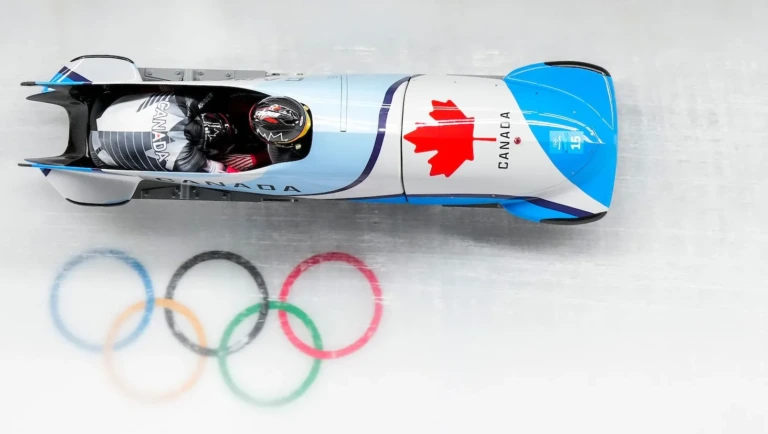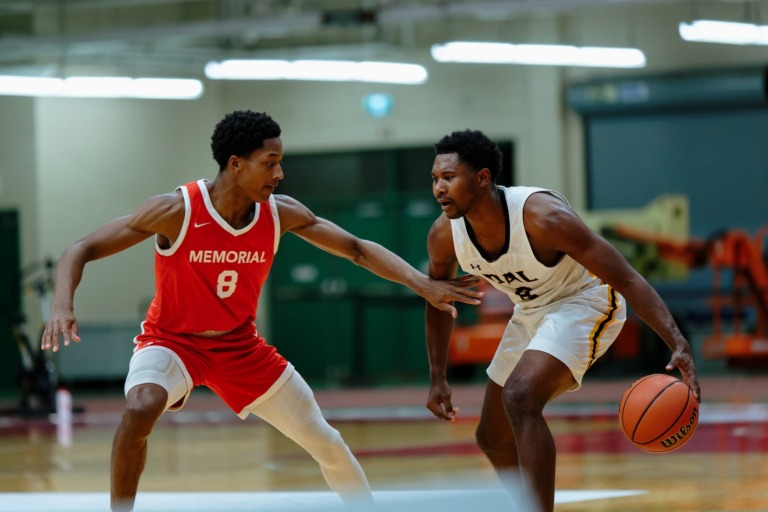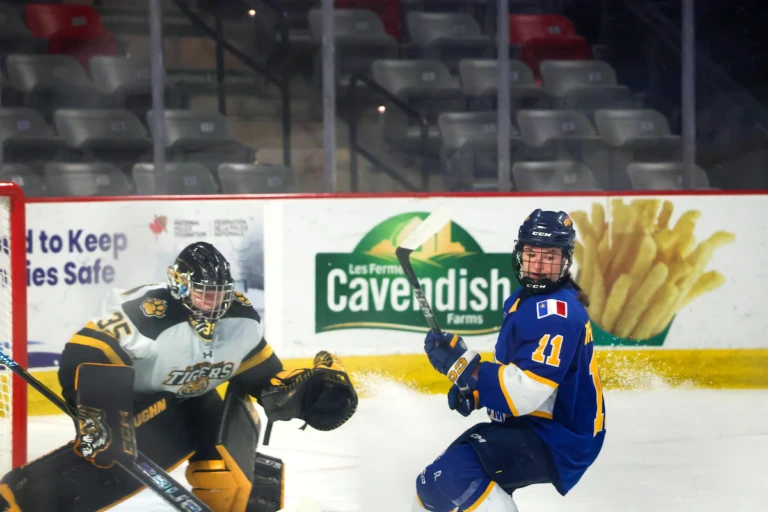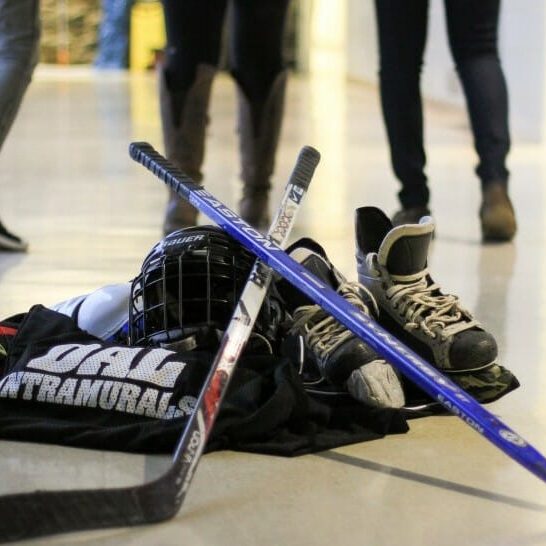
Getting back in the game
Isolated students gear up for return of intramurals
For Dalhousie University students, the return of intramurals brings benefits for the mental health of those forced out of the classroom.
Since the Nova Scotia government eased restrictions on gathering limits for sports on Jan. 25, 2021, intramural programming has been in the process of returning. Programming will be limited to basketball, volleyball, indoor soccer and e-sports for the semester, and will be limited to only Dalhousie students, rather than allowing for outside participation like in recent years.
Despite the limits, the return of sports is still a major milestone for Dal’s campus recreation program, which focuses on much more than just keeping students active.
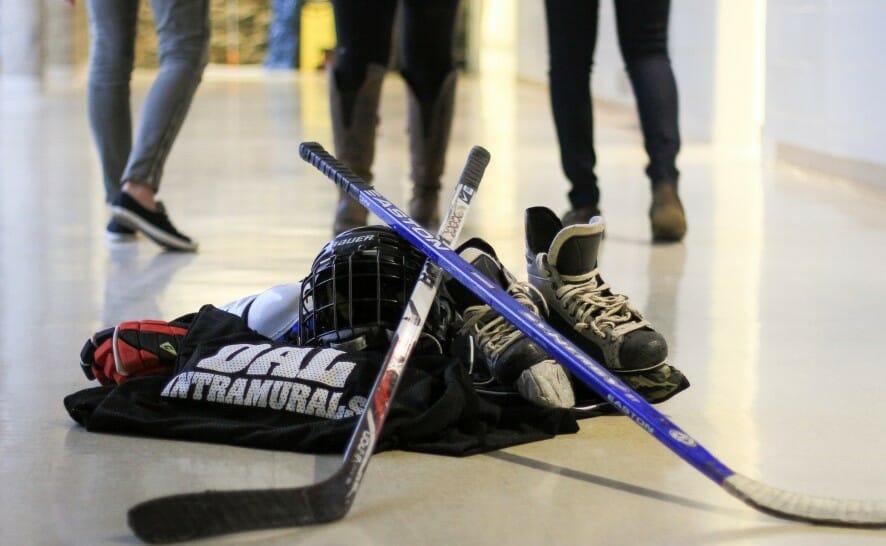
“Our department as a whole is very cognisant of [mental health],” said Chris Keough, Dal’s campus recreation coordinator. “Part of our recreational offering is not just the physical aspect, but the mental aspect as well and the social aspect.” He added hockey might eventually be among intramural sports this semester, but in a pickup format instead of as a league.
The opportunity to participate in these sports will come as a welcome change for students who have been without the social interaction that comes with on-campus learning. Dalhousie student Cale Hattori-Caspi said he hopes intramurals will help with the adverse effect online learning takes on mental health.
“Sitting on the computer every day and only really communicating with people over video or email takes its toll. It seems like every day is the same,” Hattori-Caspi said. “I think playing in intramurals will really help with that, it gives you something to look forward to every week.”
Focus on social interaction
While students have had access to the Dalplex throughout the year, this is the first opportunity for students to participate in activities with other people.
“The intramural offering is nice too because it’s not just an individual coming in. Most of our other activities we can offer are just individual activities,” said Keough. “You can come in and weightlift, you can walk in with a friend, but you can’t physically lift with a friend, you have to maintain distance. So, when you’re playing a sport, you’re allowed to get a little closer and get that closer contact, and with a larger group as well.”
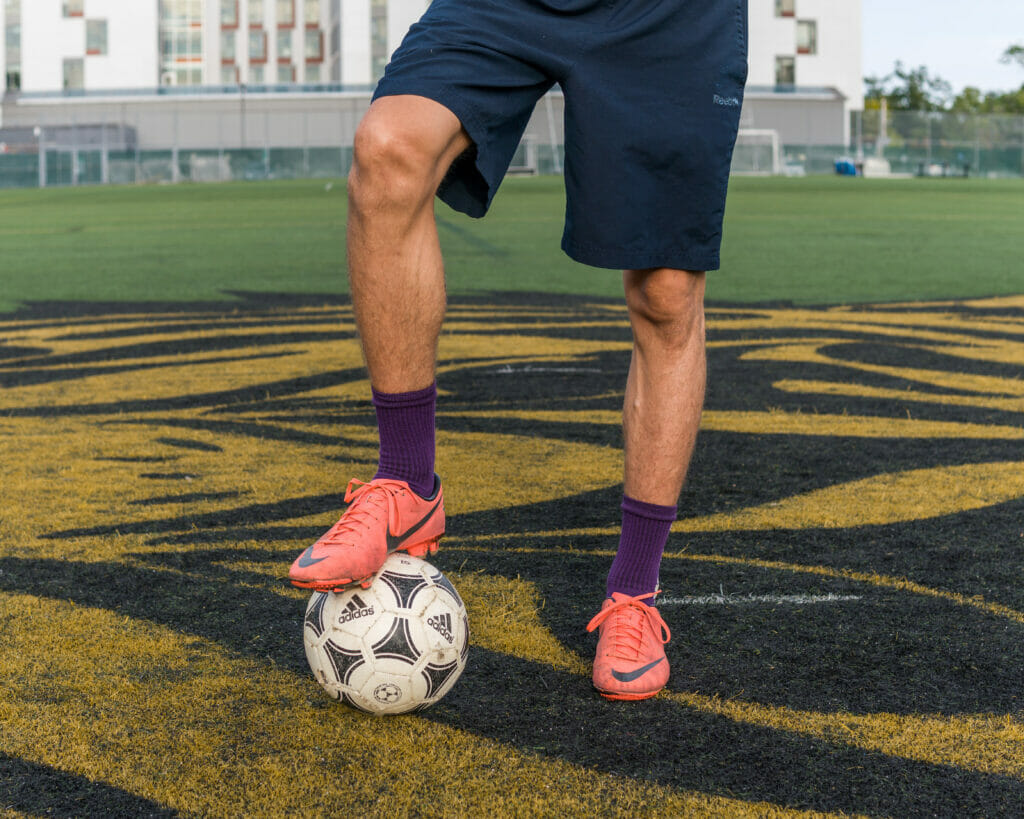
Not only does the social interaction that comes with intramurals help with mental health, but research shows that physical activity itself benefits mental health. A study published in 2018 by the Lancet, a medical psychiatry journal, showed out of 1.2 million Americans studied those who were physically active experienced fewer days of poorer mental health than those who did not.
Adam Checkroud, one of the authors of the study, told the website Science Daily in 2018 the research showed team sports were especially effective in mental health support.
“Our finding that team sports are associated with the lowest mental health burden may indicate that social activities promote resilience and reduce depression by reducing social withdrawal and isolation, giving sports an edge over other kinds,” Checkroud said.
“Our hope is to get the students out and to allow them something to do. We’d like to get a lot of residence students out because they’re even more isolated since they’re stuck in their rooms most of the time,” said Keough. “We just hope that COVID numbers stay low and we can continue playing. That’s all we can do.”

